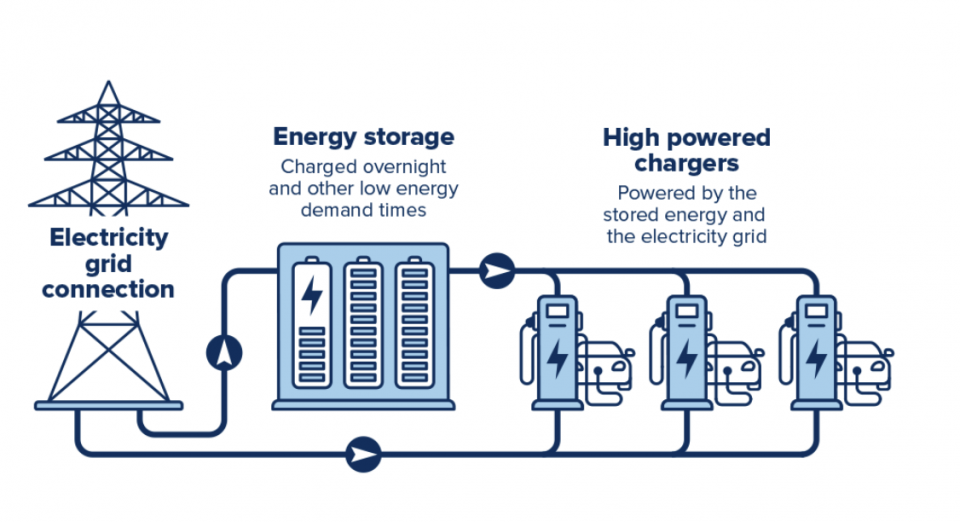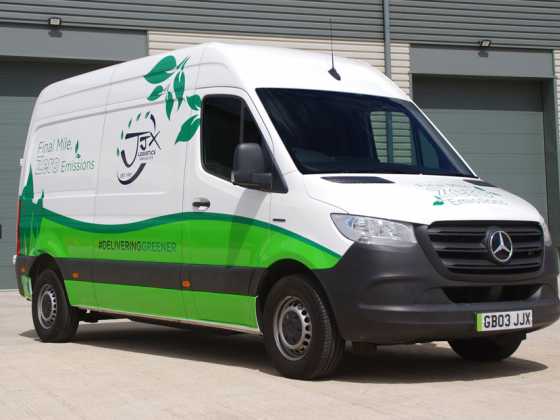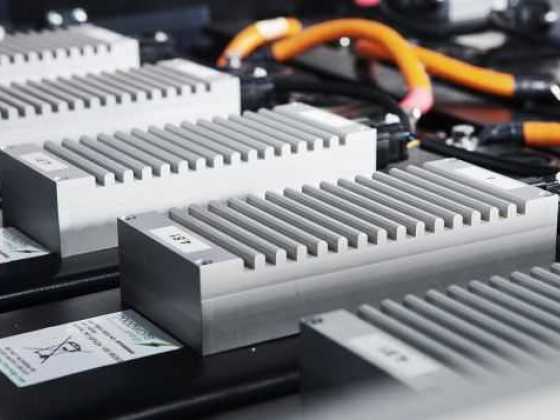Energy Storage Systems to support rapid charging on motorways

National Highways is planning to put in place rapid chargers in service station on the motorway where the grid supply is not sufficient.
The government-owned organisation plans to invest in Energy Storage Systems (EESs) - essentially giant battery packs – for service stations where the grid supply is not enough for rapid charging infrastructure.
These rapid chargers are part of Government’s plan for the rapid charge point network in England which set the goal of around 6,000 high powered chargers on the motorway network by 2035.
Malcolm Wilkinson, Head of Energy for National Highways, said: "We are working differently and innovating to support the switch to zero emission journeys.
"Whilst we have limited control over the number of petrol and diesel cars on the network, by supporting the expansion of the rapid charge points network, we hope to increase EV drivers’ confidence for all types of journeys, both long and short.
"These new Energy Storage Systems and the rapid chargers they supply will ensure that motorists are unlikely to be caught without somewhere to charge, which is a fantastic move for drivers and the environment accelerating the speed in which we transition to new electric vehicles."
Storing energy in quiet periods, ESSs then provide rapid high-power charging at busy times, until those motorway services can obtain increased power directly from the grid for rapid charging themselves
With the growth in demand for high powered charge points comes pressure to provide the power to supply these, especially at the furthest reaches of the Strategic Road Network (SRN)
Around 20 Energy Storage Systems will temporarily bridge this gap, storing energy in quiet periods to provide rapid high-power charging at busy times, until those motorway services can obtain increased power directly from the grid for rapid charging themselves.
Investing £11 million, National Highways is currently discussing the move with prospective suppliers and plans to install the energy storage systems, which will connect to the motorway services operators’ charge points, within the next two years.



